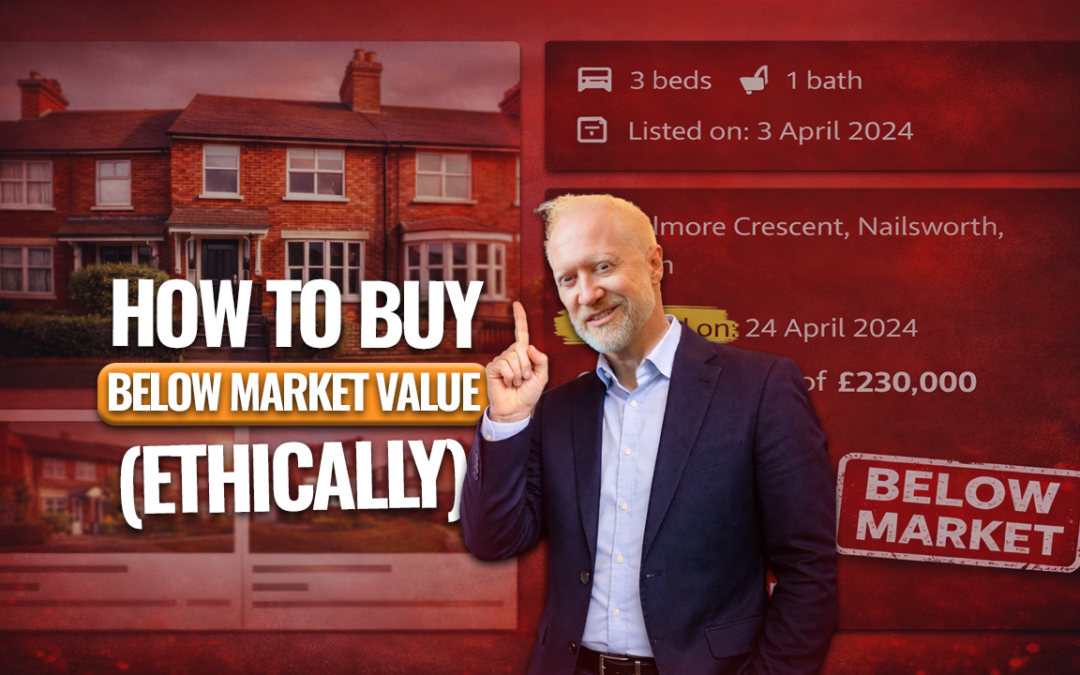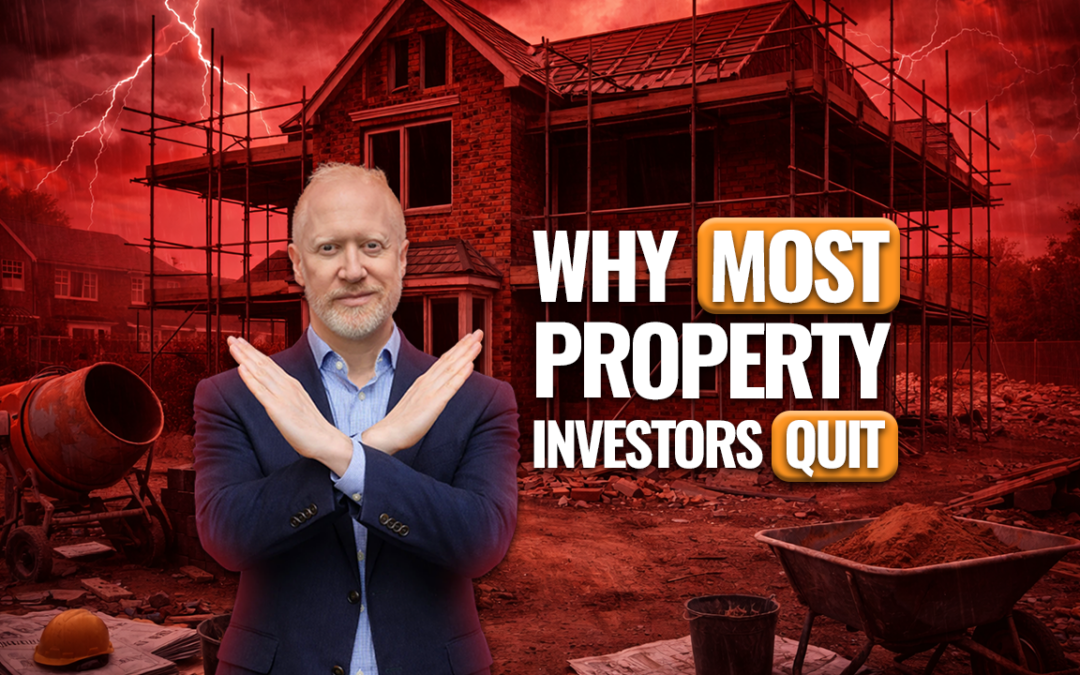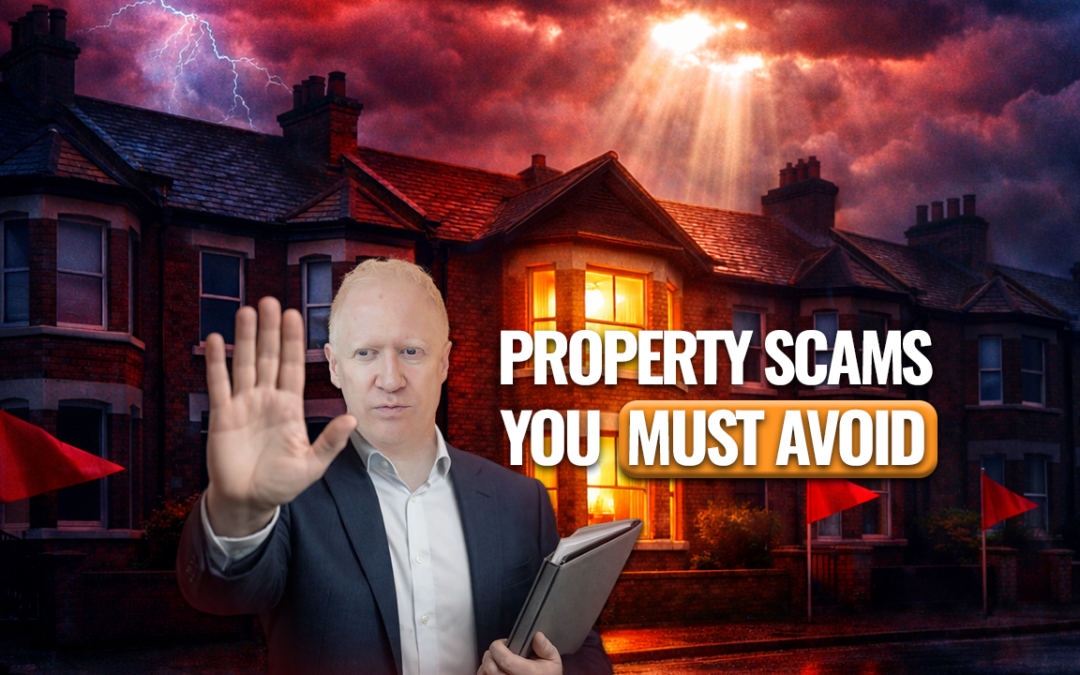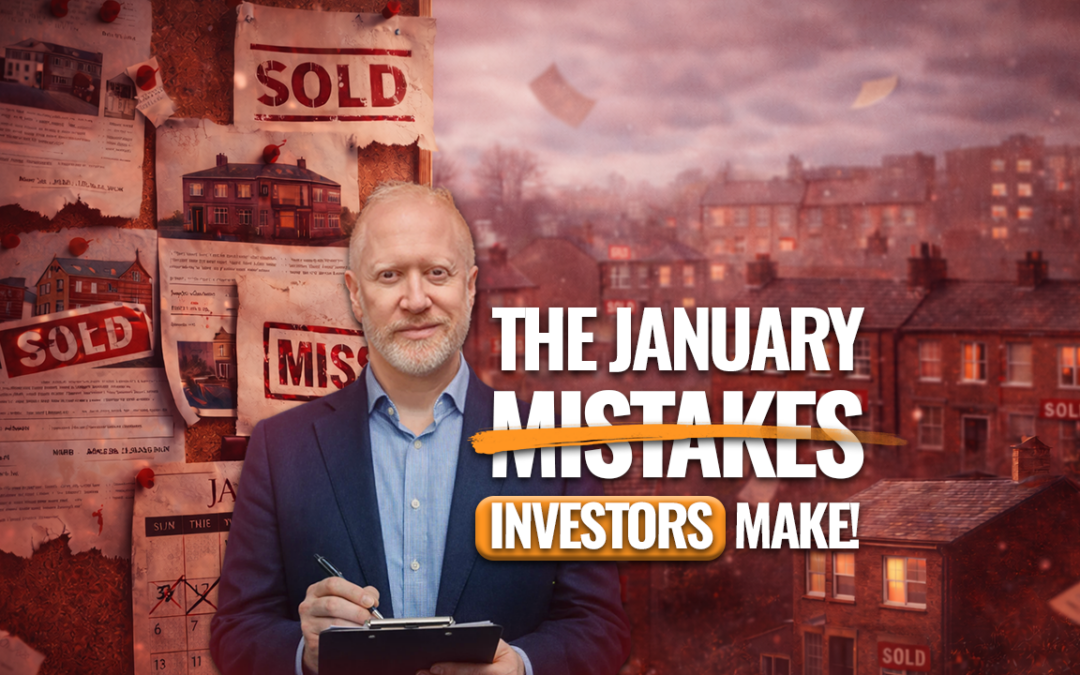When it comes to property investing, two of the most profitable strategies are Houses in Multiple Occupation (HMOs) and short-term lets like Airbnb, also known as Serviced Accommodation (SA). Both offer unique opportunities to generate income, but they come with different challenges and levels of involvement. Understanding their key differences can help you decide which approach suits your goals best.
What is a HMO?
A HMO is a property where multiple tenants rent individual rooms while sharing communal facilities like kitchens and bathrooms. Typically, these tenants sign contracts lasting between six and twelve months, making this a more stable rental model compared to short-term lets. The primary advantage of HMOs is their ability to generate consistent income. Since you are renting multiple rooms rather than a single unit, void periods in one room don’t necessarily mean a complete loss of income. High-end co-living HMOs are particularly in demand, as they attract professionals who are willing to pay more for quality accommodation. Another benefit is predictability, as tenants provide notice before vacating, giving landlords time to find replacements and maintain a steady occupancy rate.
However, running an HMO comes with challenges. The setup costs are higher due to licensing and compliance requirements. Additionally, landlords typically cover utility bills, which need to be factored into rental pricing. Managing an HMO also requires more effort than a standard buy-to-let property, though hiring a property manager can ease the workload.

What is a HMO? What is Serviced Accommodation (Airbnb / SA)?
Serviced accommodation refers to short-term rentals, often listed on platforms like Airbnb and Booking.com. These properties cater to holidaymakers, business travellers, and contractors looking for a flexible, home-like alternative to hotels. The appeal of Airbnb lies in its higher income potential. In peak seasons, nightly rates can be significantly higher than what would be charged for a traditional rental property. This flexibility also allows owners to adjust pricing and availability based on market demand.
Despite its high-earning potential, Airbnb comes with its own set of challenges. The biggest drawback is income fluctuation. Unlike HMOs, which provide a relatively steady monthly income, SA properties experience varying occupancy rates, which can lead to inconsistent cash flow. This type of accommodation also requires more hands-on management, including frequent guest check-ins, cleaning, and general maintenance. While hiring a property management company can help, this will cut into profits. Additionally, increasing regulations in various parts of the UK may impose restrictions on short-term lets, potentially limiting the number of days a property can be rented out.
Which Strategy is Right for You?
When deciding between an HMO and Airbnb, consider whether you prefer stability or higher returns with greater involvement. If you want a reliable, steady income, an HMO is the better choice. It offers predictability, lower tenant turnover, and less exposure to seasonal market fluctuations. However, if you are comfortable with the extra management work and the risk of fluctuating income, Airbnb can be more lucrative, particularly in high-demand areas.
Another key consideration is market demand and regulation. HMOs remain in high demand, particularly for well-maintained, high-end co-living spaces. On the other hand, the short-term rental market can be impacted by changes in local laws and economic shifts. If you choose to invest in Airbnb, it’s important to stay updated on regulations that might affect your ability to operate.

Cash How to Succeed in Either Strategy
Regardless of the strategy you choose, success in property investing requires proper planning and execution. Providing high-quality accommodation will attract better tenants and guests, reducing void periods and maximising profitability. Smart pricing strategies are crucial, especially for Airbnb, where dynamic pricing can help optimise occupancy rates. Systemising your business by using management software or hiring agents will also help streamline operations, allowing you to scale more effectively. Encouraging repeat customers, whether through long-term tenancies in HMOs or repeat bookings in SA, can further improve profitability and reduce reliance on expensive listing platforms.
Both HMOs and Airbnb can be highly profitable when managed correctly. HMOs offer steady income with lower risk, making them a great choice for investors who prefer consistency. Airbnb, on the other hand, has the potential for higher earnings but requires more active involvement and carries greater financial fluctuations. Many investors find that a combination of both strategies provides the best balance, ensuring a mix of reliable income and high cash-flow opportunities.
If you want to learn more about investing in HMOs, I offer free online training that can help you get started. Click the link below to sign up. If you found this helpful, don’t forget to subscribe and stay updated for more property investment insights!











